Phil Schiller is the current Apple Fellow, an honorary role he received in 2020 after more than three decades working with Apple.
Tim Cook stated in August 2020, Schiller “has helped make Apple the company it is today, and his contributions are broad, vast, and run deep.”
Before adopting the title of Apple Fellow, Schiller was Apple's senior vice president of Worldwide Marketing. He's also been credited with coming up with the idea for the original iPod's click wheel.
Now wearing his new Apple Fellow badge, Schiller continues to manage the Apple Store and Apple Events. “I’ll keep working here as long as they will have me, I bleed six colors,” he said.
Phil Schiller's History
Schiller was born in Boston, Massachusetts, and graduated from Boston College in 1982 with a bachelor's degree in Biology.
in 1987, he joined Apple for the first time. It was Apple in the years without Steve Jobs. And by 1988, InfoWorld described Schiller's job title as "'Techno Rambo' in Apple's new Business Multimedia Group."
In addition to his time at Apple, Schiller was also the Vice President of Product Marketing at Macromedia, director of Product Marketing at FirePower Systems, and Programmer and Systems Analyst at Massachusetts General Hospital
Together with his wife Kim Gassett-Schiller, who has a degree in business administration, he founded the Schiller Institute for Integrated Science and Society in 2017. Based at Boston College, Schiller says that the $25 million donation is intended specifically to bring "together students and faculty from so many different disciplines."
Phil Schiller as an Apple Executive
Schiller returned to Apple and took on an executive role in 1997 after then CEO Steve Jobs returned to the company. He worked on the marketing for iMac, MacBook, MacBook Pro, iPod, macOS, and subsequent products.
As his time at Apple progressed, he was often seen playing a supporting role in keynotes given by Jobs and often presented products like the iPhone or iPad. Schiller also gave the 2009 WWDC keynote while Jobs was on medical leave.
Phill Schiller as an Apple Fellow
Schiller became an Apple Fellow on August 4, 2020, and was the first person to do so in over 20 years.
An Apple Fellow is a person who has been recognized by Apple for their extraordinary technical or leadership contributions to personal computing while at the company.
As Apple sees it, an Apple Fellow's role is to act as a leader and a visionary, guiding the company in their particular area of expertise.
A few previous Apple fellows included Steve Wozniak, Guy Kawasaki, and Bill Atkinson.
During his time as an Apple Fellow, he has gone on to defend Apple's "closed garden" App Store ecoystem, warning that third-party app stores are a risk to iPhone users.
"Ultimately, there are things that we have not allowed on our App Store— things that we didn't think would be safe or appropriate. It will not be our decision whether those other marketplaces have the same terms and limitations."
Phil Schiller Quotes and Interviews
Apple Silicon
In 2018, Phil Schiller sat down for an interview to talk about the A12X chip in the iPad Pro.
"The competition can do whatever they're going to do. We're trying our things the best way we know how. We're judging ourselves on ourselves.
"It becomes this incredibly self-perpetuating thing. When you realize you can create a Neural Engine, you want to create a better Neural Engine. You realize you can create great graphics, you want to create even better graphics! And it just accelerates. It picks up speed within the organization.
"We don't care if [the competition is] doing something that isn't interesting to us. We don't care if we're lapping them. Good. We'll lap them ten times. It doesn't matter because it's in service to the user, not the competition.
"The chip team will be literally a detective on the other team, saying 'OK, we're planning, we really want more insight.'
"Those meetings happen multiple times a week. It's not like there's some big get together, once a year, just to align schedules. They literally are having these discussions weekly about — more and more — a growing number of topics. It's not a finite set. It's a growing number."
App Store competition
In a 2020 interview, Phil Schiller weighed in on App Store competition and antitrust concerns.
"One of the things we came up with is, we're going to treat all apps in the App Store the same - one set of rules for everybody, no special deals, no special terms, no special code, everything applies to all developers the same.
"Nobody thought like that. It was a complete flip around of how the whole system was going to work."
In a separate 2020 interview, he addressed the controversy surrounding Basecamp's Hey email app.
"Sitting here today, there's not any changes to the rules that we are considering. There are many things that they could do to make the app work within the rules that we have. We would love for them to do that.
"[In its submitted state], you download the app and it doesn't work, that's not what we want on the store.
"Email is not and has never been an exception included in this rule.
[On accusations that Apple was motivated more by a 30% cut than ideals] "I get why there's a question here. But that's not what we're doing."
WWDC
Schiller appeared in a 2019 podcast interview to chat about that year's developer conference.
"We think about the audience for the keynote at WWDC as really three unique audiences. That opening audience is developers, it's customers, and of course it's the press. We love that more than any other event we do.
"It gives a chance to give people a chance to really, really run with the content.
"Here you've been, like, keeping things bottled up in secret for months, and months, and months. And now, there it is, you can talk about it. Try to shut me up about it!"
Voice assistants
In 2017, several months before the HomePod announcement, Phil Schiller shared his thoughts on the rival voice assistants of that era.
[On the competition] "My mother used to have a saying that if you don't have something nice to say, say nothing at all.
"We think it's important to — that there are times when it's convenient to simply use your voice when you are not able to use the screen. For example, if you're driving [and] you want Siri to work for you without having to look at the screen, that's the best thing. Or maybe you're across the room, and you want to ask Siri to change the song you were listening to — you don't have to walk over and back.
"So, there's many moments where a voice assistant is really beneficial, but that doesn't mean you'd never want a screen. So, the idea of not having a screen, I don't think suits many situations.
"Or, for example, with photography, and one of the most popular reasons for our products is photography now, and photography requires a screen. So, the idea of a device without a screen, well it's not really useful for that whole category of photos that we all share. And all the social networking apps that are now embracing photos more and more, well, it doesn't work really so great in voice-only assistants.
"And so I think voice assistants are incredibly powerful, their intelligence is going to grow, they're gonna do more for us, but the role of the screen is gonna remain very important to all of this.
"But there is an interesting question about the role of voice-only products in comparison to the products that have voice, and screen, and touch, and I think that's an interesting discussion about when is each appropriate, and what can they do in our lives. I think that's interesting."
Chromebooks
Schiller sounded off on Chromebooks in a 2019 interview.
"Kids who are really into learning and want to learn will have better success. It's not hard to understand why kids aren't engaged in a classroom without applying technology in a way that inspires them. You need to have these cutting-edge learning tools to help kids really achieve their best results.
"Yet Chromebooks don't do that. Chromebooks have gotten to the classroom because, frankly, they're cheap testing tools for required testing. If all you want to do is test kids, well, maybe a cheap notebook will do that. But they're not going to succeed.
"Every child has the ability to succeed — helping them to do that has always been our mission."
Apple's approach
In 2015, he described Apple's structure and process.
"[Apple's engineering and design teams] think up solutions to problems together as the disciplines are merged into a seamless process.
[On Apple and its suppliers] "The most common scenario is simply that what we got from a supplier basically has been created so uniquely for Apple that implying it's an off-the-shelf part like others may get would be really misleading.
[On products like Microsoft Surface] "There certainly are more offerings today, more people trying to create a market, but based on all the data that I've been able to see, it is still incredibly small and niche and may not be growing to anything significant," he said. "Time will tell."
MacBook Pro Touch Bar
Soon after the 2016 MacBook Pro redesign, Phil Schiller discussed the new machine and its controversial OLED strip.
"Watch, iPhone, iPad, MacBook, iMac, they really are all computers. Each one is offering customers something unique and each one is made with a simple form that perhaps is eternal. People in the industry may question them — we don't, for some very simple reasons.
"If we were to do Multi-Touch on the screen of the notebook, that wouldn't be enough — then the desktop wouldn't work that way. Can you imagine a 27-inch iMac where you have to reach over the air to try to touch and do things? That becomes absurd. You can't optimize for both.
"I know our team made very smart choices and this is the best notebook that can be made with the greatest technology.
"Its implementation is pure Mac. The thought and vision from the very beginning was not at all, 'How do we put iOS in the Mac?' It was entirely, 'How to you use the technology to make a better Mac experience?'
"We care about the feedback [about switching to USB-C], but we know that the fundamental difference on where their opinions are coming is between those who had a chance to use it and those who haven't. There are people who want us to innovate faster and when we do there's people who say, 'Whoa, whoa, you're going too fast.'
"[Removing the physical keyboard is] certainly not on the horizon right now. We do want to add those experiences that you are talking about — talking to talk to Siri, voice dictation, suggestions. Although for us right now, there's no reason to make that trade off. Instead, we focused on not removing the keyboard but making a better keyboard.
"There's always something for a critic to beat up on anybody's notebook, because you have to make choices. I know our team made very smart choices and this is the best notebook that can be made with the greatest technology."
He also stated that Apple had courage for ditching the long-used headphone jack. The move didn’t sit well with longtime Apple customers, earning the company mockery from Samsung. But in the end, removing the headphone jack proved prescient. Apple's rivals — including Samsung — ultimately copied the move.
In 2016, he defended Apple’s 16GB RAM limit in the then-flagship MacBook Pro, clarifying that an additional amount, like 32GB, would require memory that wasn’t low-powered and a different motherboard that could reduce battery space. In 2020, he went to bat for the App Store prior to CEO Tim Cook’s testimony before Congress during its antitrust hearing.

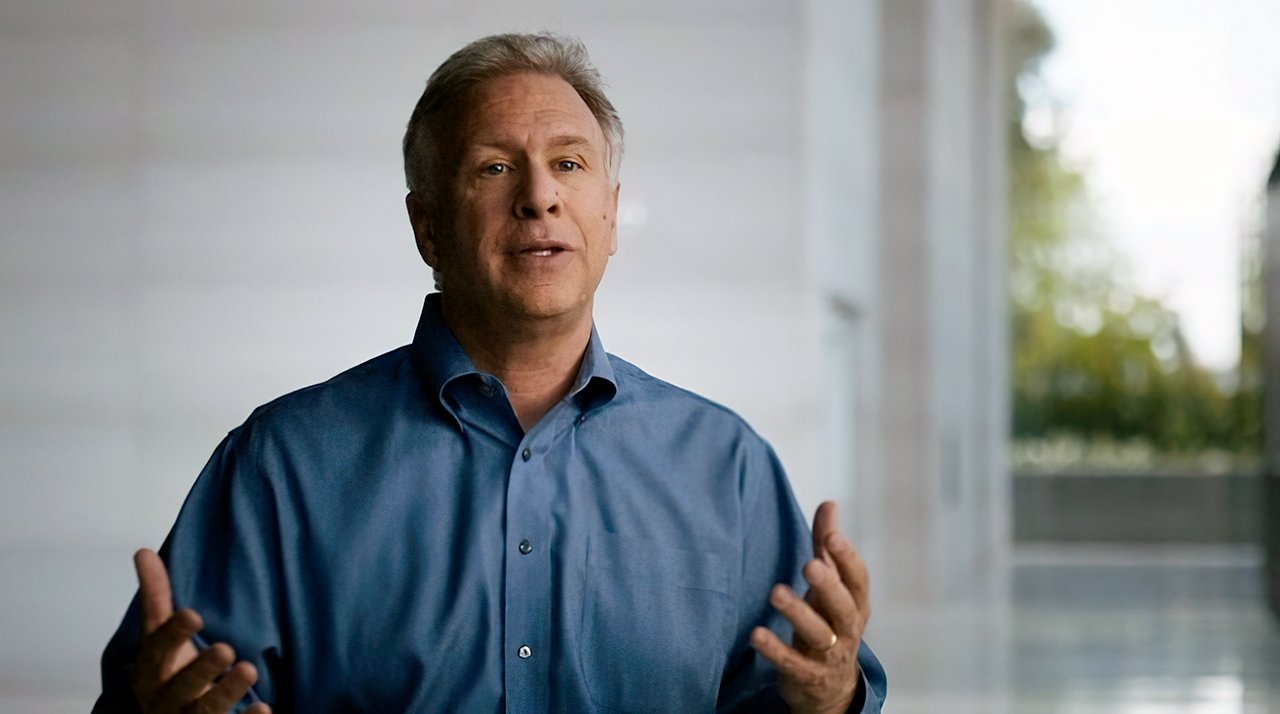
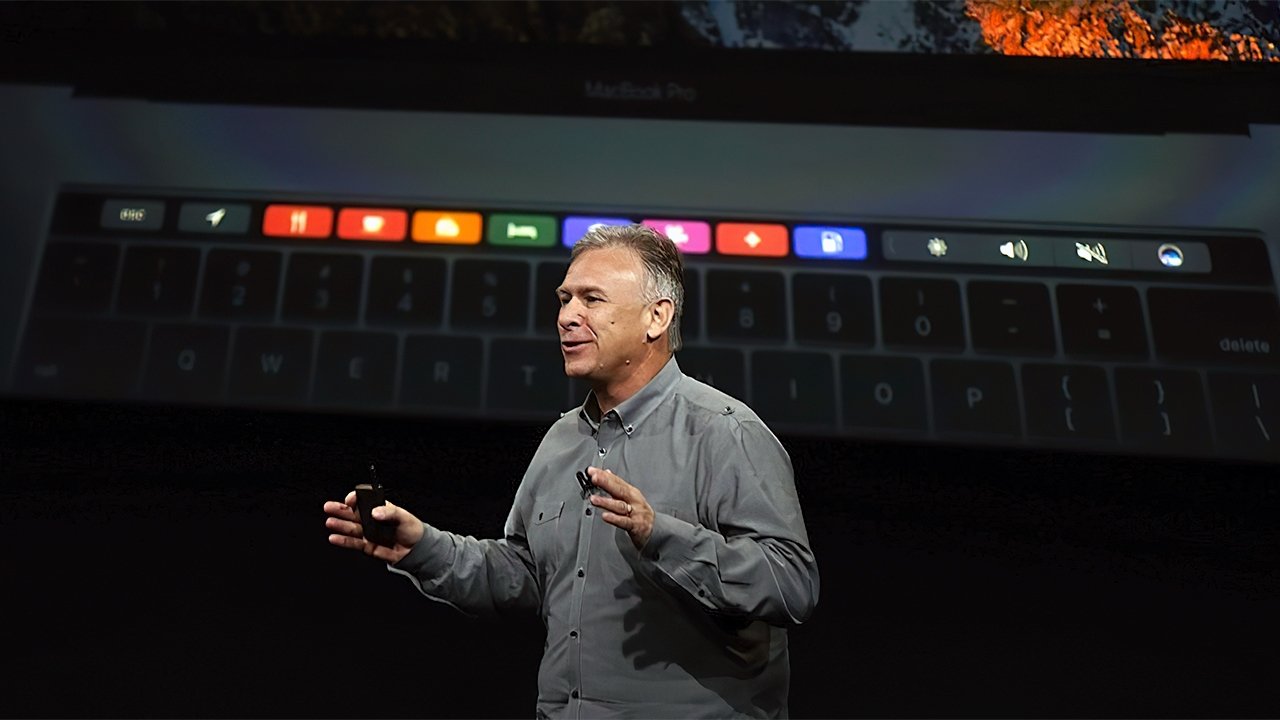

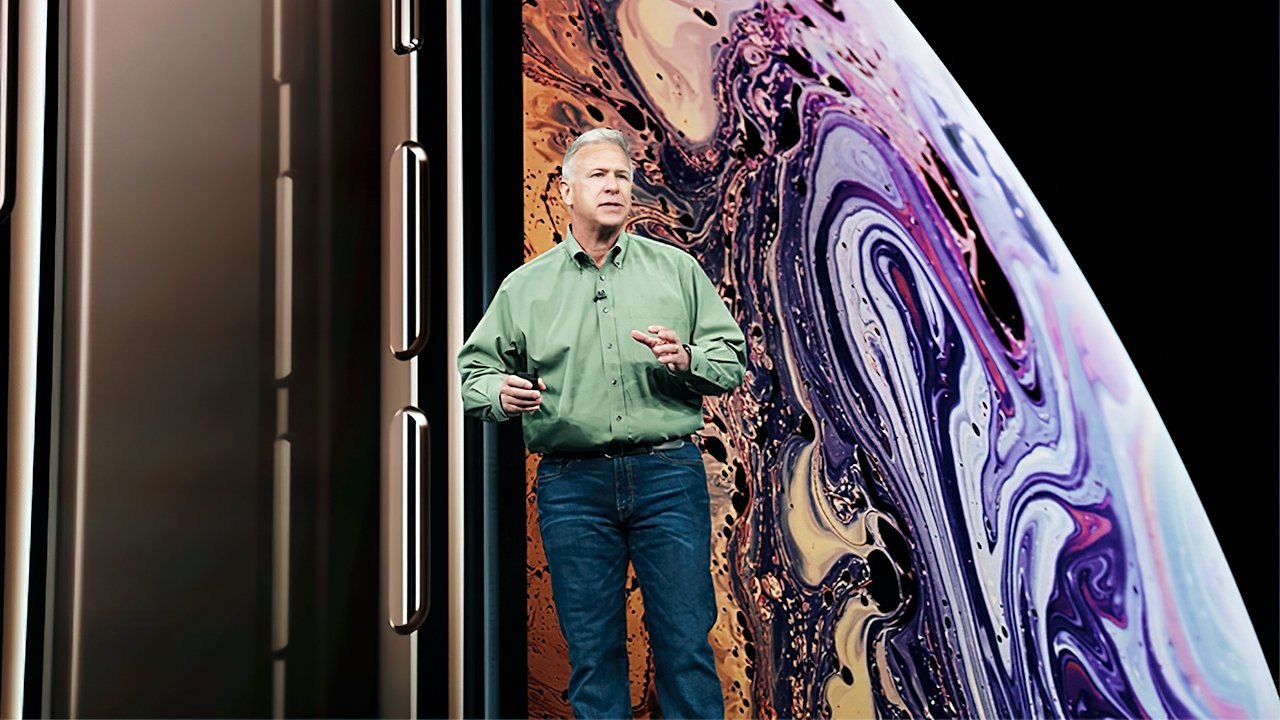
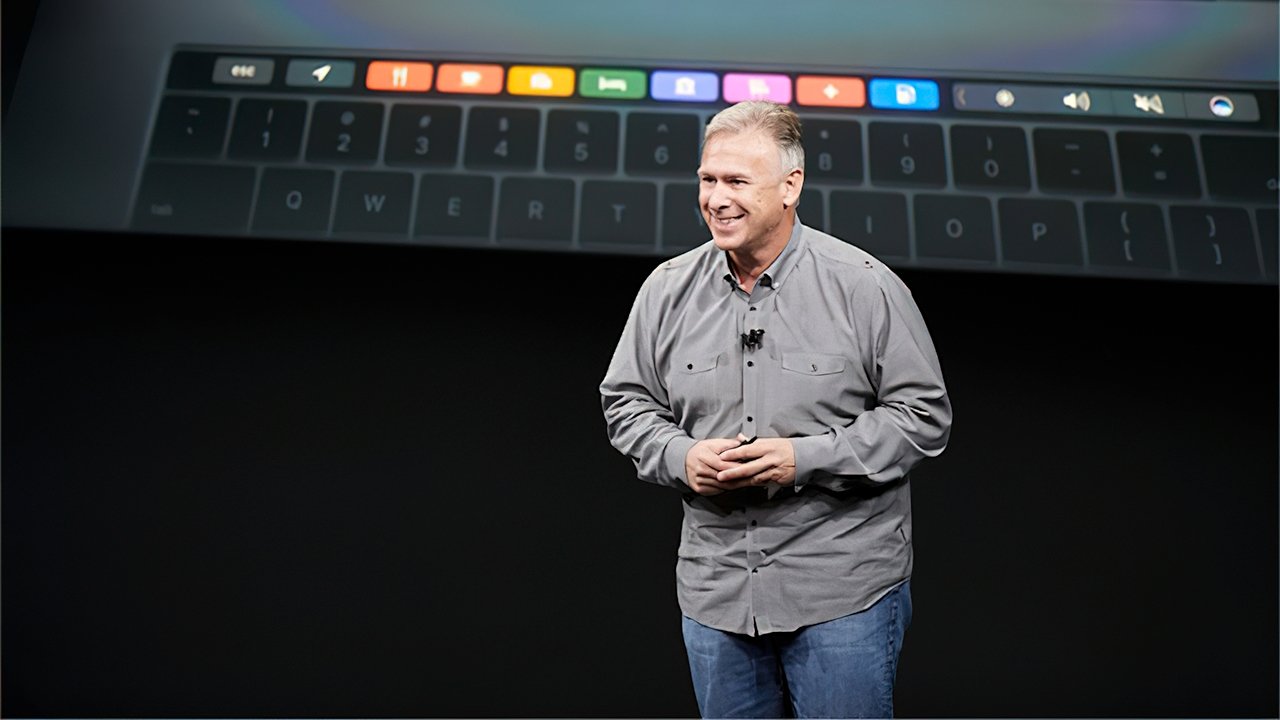
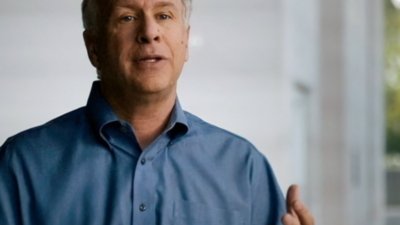
 Marko Zivkovic
Marko Zivkovic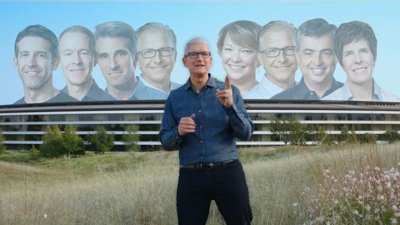
 Malcolm Owen
Malcolm Owen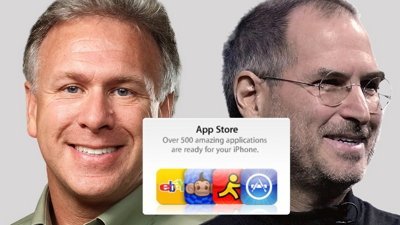
 William Gallagher
William Gallagher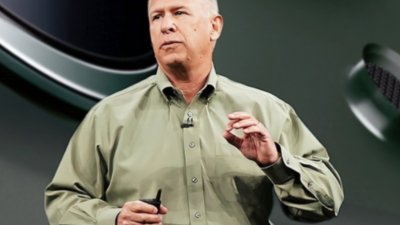
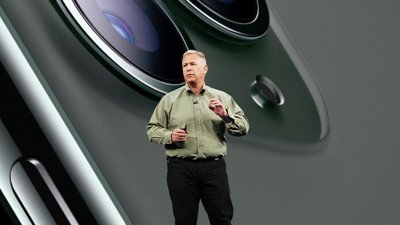
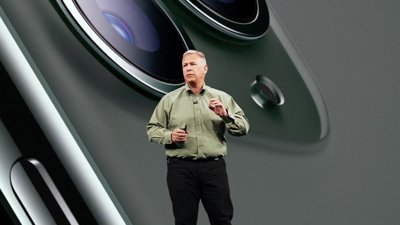
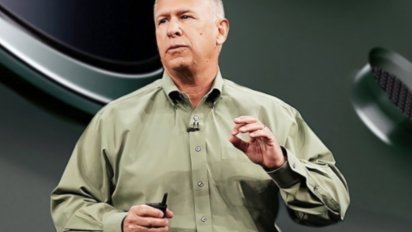
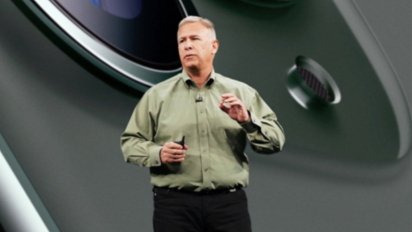
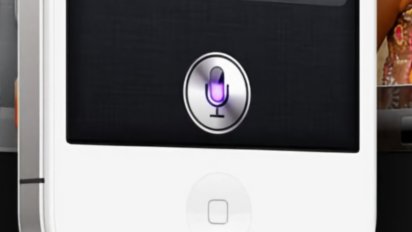
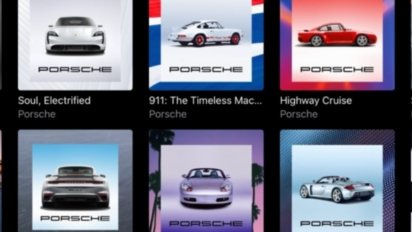
 Wesley Hilliard
Wesley Hilliard